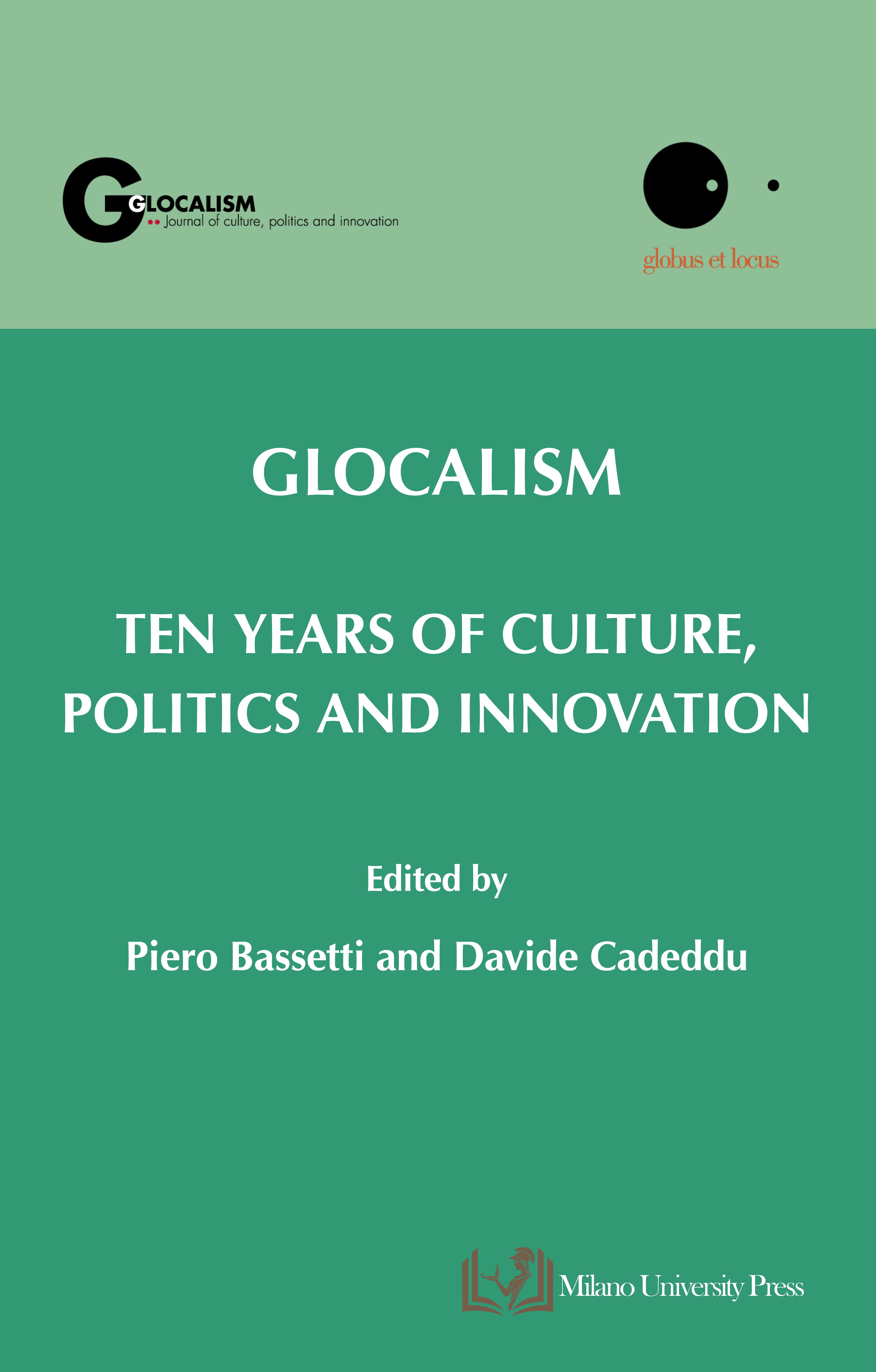Does Glocal Political Power Already Exist?
DOI:
https://doi.org/10.12893/gjcpi.2017.1.4Keywords:
global-local, power, command-obedience, legitimization, territorialityAbstract
Large periods of history are usually characterized by equally important moments of change in scientific knowledge and, in particular, in the understanding of political power. We still need to study in depth whether the former provokes (almost of out necessity) the latter, or whether they are “great” because they are favored by the innovation of the paradigms of knowledge. The passage from medieval universalism to the particularism of the modern age represents an extremely interesting analogy when compared to the transformations that are now underway. The example of John of Salisbury’s Policratus, the starting point of this article, is illuminating in our comprehension of the relevance of the interweaving between the persistence of the ancient forms of recognition of power and the search for new forms. The existence of glocal realities is already a fact. Even if it is relatively easy to recognize these realities (a business, a university, a humanitarian association, not a few of the same “parts” which constitute the traditional organization of the State), it is more difficult to define the specific characteristics of the power at their disposal. Moving from the widening gap between “actual” power and “potential” power, the article examines the motives for which the classical definitions of power are always becoming more insufficient in understanding the role now emerging from glocal realities. And, in particular, by looking at how the “command-obedience” relationship is changing also as a consequence of communication networks and information technology, the article analyzes that specific “contamination” within global elements and local elements, which seems to be the main base of glocal political power.

Downloads
Published
How to Cite
Issue
Section
License
Copyright (c) 2023 Lorenzo Ornaghi

This work is licensed under a Creative Commons Attribution-ShareAlike 4.0 International License.











